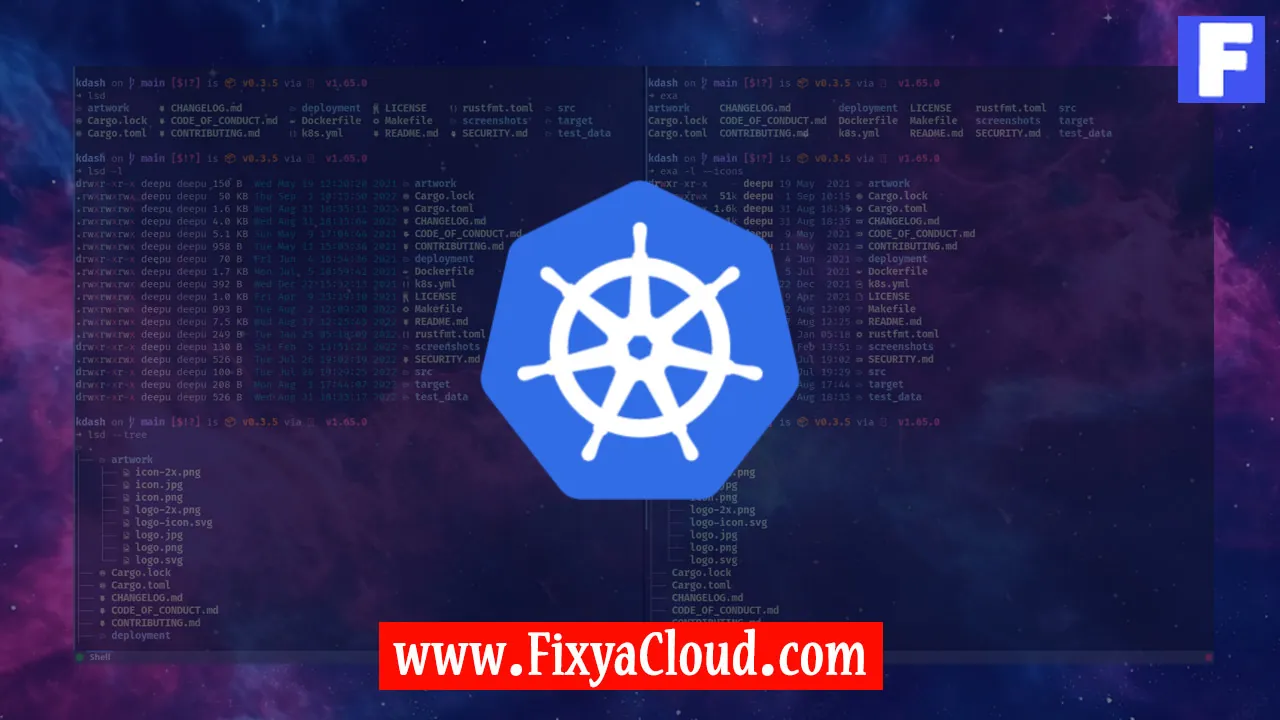Mastering Kubectl: Unraveling Event Logs and Sorting by Time

In the dynamic landscape of Kubernetes, monitoring and understanding the events within your cluster is crucial for maintaining a healthy and efficient environment. Kubectl, the command-line interface for Kubernetes, offers a powerful set of tools for managing and troubleshooting your cluster. In this article, we'll delve into one essential aspect: retrieving and sorting events based on time.
Getting Started:
Checking Cluster Events:
To begin, let's use the following command to retrieve events related to your cluster:
kubectl get events
This command fetches the latest events in your cluster, providing information about various occurrences such as pod creations, deletions, and other noteworthy activities.
Sorting Events by Time:
Sorting by Creation Time:
If you want to sort events chronologically, you can utilize the --sort-by flag along with the field you want to sort by. For instance, to sort events by creation time, execute the following command:
kubectl get events --sort-by='.metadata.creationTimestamp'
This will display events in ascending order based on their creation timestamps.
Sorting in Descending Order:
Conversely, to view the most recent events first, you can add the --sort-by flag along with the negative sign for descending order:
kubectl get events --sort-by='-.metadata.creationTimestamp'
Now, the events will be listed with the latest occurrences at the top.
Filtering Events:
Focusing on a Specific Namespace:
To narrow down your event search to a specific namespace, use the -n or --namespace flag. For example:
kubectl get events -n your_namespace
Replace your_namespace with the actual namespace you are interested in.
Filtering by Object Type:
If you are concerned about events related to a specific object type (e.g., pods, services), you can filter events using the --field-selector flag. For instance:
kubectl get events --field-selector involvedObject.kind=Pod
Additional Tips and Tricks:
Displaying More Information:
For a more detailed view of events, you can use the -o wide option. This provides additional information, including the source component and the node associated with the event:
kubectl get events -o wide
Understanding and managing events within your Kubernetes cluster is an integral part of maintaining a stable and efficient environment. With the power of Kubectl and its versatile commands, you can effortlessly retrieve, sort, and filter events based on your specific needs.
Related Searches and Questions asked:
That's it for this topic, Hope this article is useful. Thanks for Visiting us.
